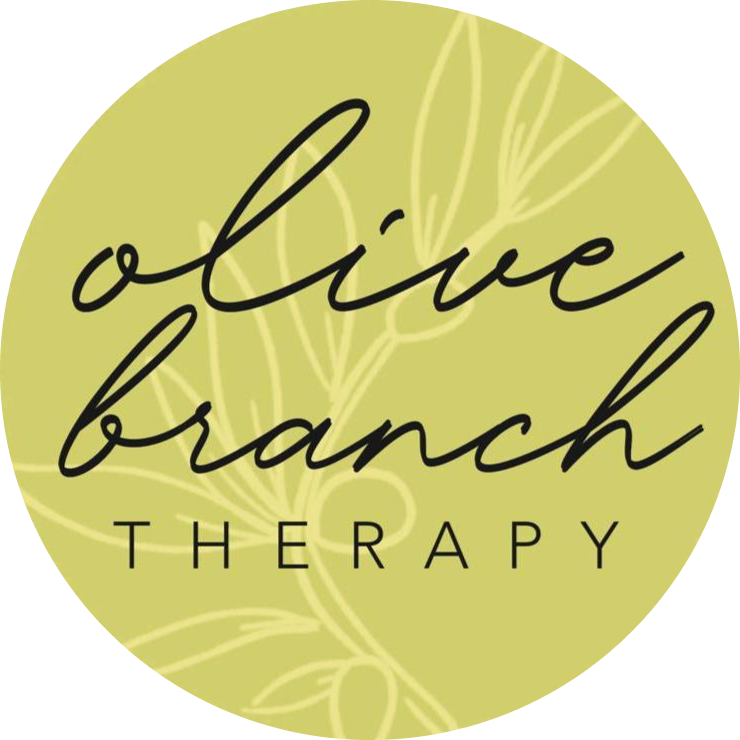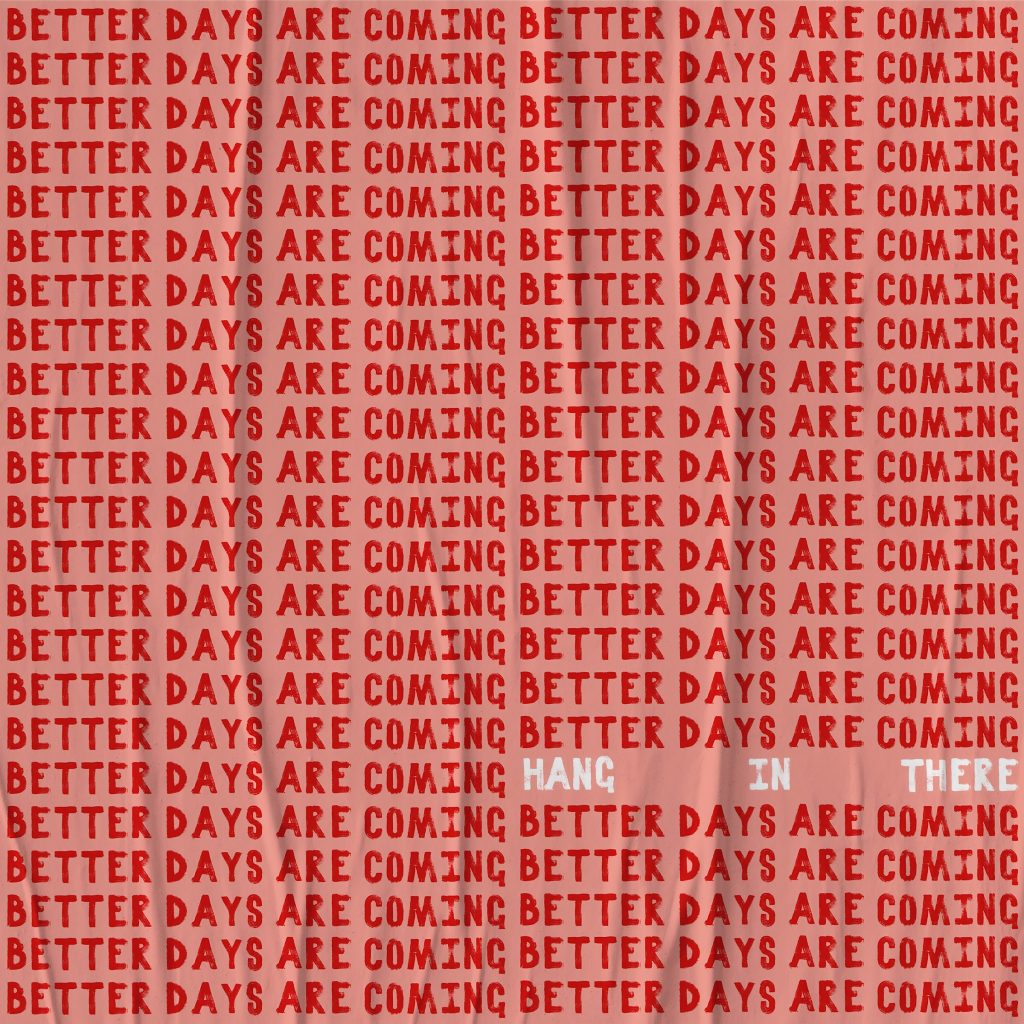The COVID-19 pandemic has changed the lives of so many people worldwide. No matter where you live, your lifestyle has probably undergone severe changes. However, the most troublesome thing about this pandemic for most of us is uncertainty as the covid’s future implications are unknown. Many of us wonder what life will look like after the pandemic. What will be the impact on the economy, education, health, social life, and travel? Will life ever be normal again?
Coronavirus Anxiety and Depression
It is natural to experience anxiety in situations of emergency and crisis. Anxiety occurs as our body and mind’s response to stress. Every time you feel threatened, the amygdala in your brain activates the cognitive-emotional-physiological reaction known as the “flight or fight” response. The primary purpose of this response is to protect you and help you adapt to a new situation.
That being said, a small amount of anxiety and stress is useful because it keeps you alert and motivates you to behave responsibly. However, excessive or ongoing fear and worry can destabilize your coping mechanism, impairing your health and quality of life in general.
COVID-19 cut off people from their friends, extended families, and life as they knew it. The new rules of social distancing, quarantine, the necessity of wearing face masks, remote schooling, and work from home are enormous challenges for most people.
Here are some useful strategies for moving past covid fatigue and learning to cope with coronavirus stress and anxiety.
Practice Mindfulness and Relaxation
Both science and practice have proven that relaxation and meditation benefits are nearly endless. Techniques such as mindfulness, deep breathing, or Yoga can help you relax and feel calm.
Many people find mindfulness an excellent tool in dealing with stress and anxiety. Mindfulness meditation can help alleviate anxiety and depression symptoms by becoming aware of your thoughts and feelings and overcoming negative thoughts. Also, mindfulness can boost your optimism, improve self-esteem, and raise resilience by reducing the amygdala activity and decreasing the background level of stress and anxiety.
Keep Self-Care a Priority
Self-care is an essential part of sound mental health. However, during times of covid fatigue, a healthy lifestyle becomes a priority.
Boundaries. It is essential to set boundaries between yourself and others as well as those towards the technology.
Sleep. If you are well-rested, you will have a stronger immune system and be better equipped for beating viruses.
Exercise. Regular physical activity can protect you against stress and anxiety and help promote feelings of satisfaction and well-being.
Diet. Research shows that a Mediterranean-style diet (a diet rich in fish, vegetables, fruits, olive oil, and whole grains) can help ease anxiety and depression symptoms.
Nature. Although many of us are strongly advised or ordered to stay indoors, you should spend time outdoors whenever you can. Even if it is spending time on your balconies or your local park, connecting with nature can help you relax and reduce anxiety.
Find Yourself a Therapist
Seek mental health counseling at The Olive Branch Therapy Group today if you feel that coronavirus anxiety and fatigue surpass your coping mechanism. No one should battle anxiety and depression on their own. Psychotherapy can be a safe environment to address your worries and fears, work through your issues, and learn effective strategies for managing stress, anxiety, and covid fatigue. Online psychotherapy is an excellent option for those who cannot leave their homes due to lockdown orders or quarantine. Contact us– we will navigate your health insurance benefit and pair you with a therapist that best fits your needs.
Click here for more information on Individual Therapy.
About The Author

Noreen Iqbal, LCSW is the owner and director of the Olive Branch Therapy Group. Noreen works with adolescents, young adults, adults, families and couples. If you are interested in working with Noreen, contact us via email, phone or chat on our website.



